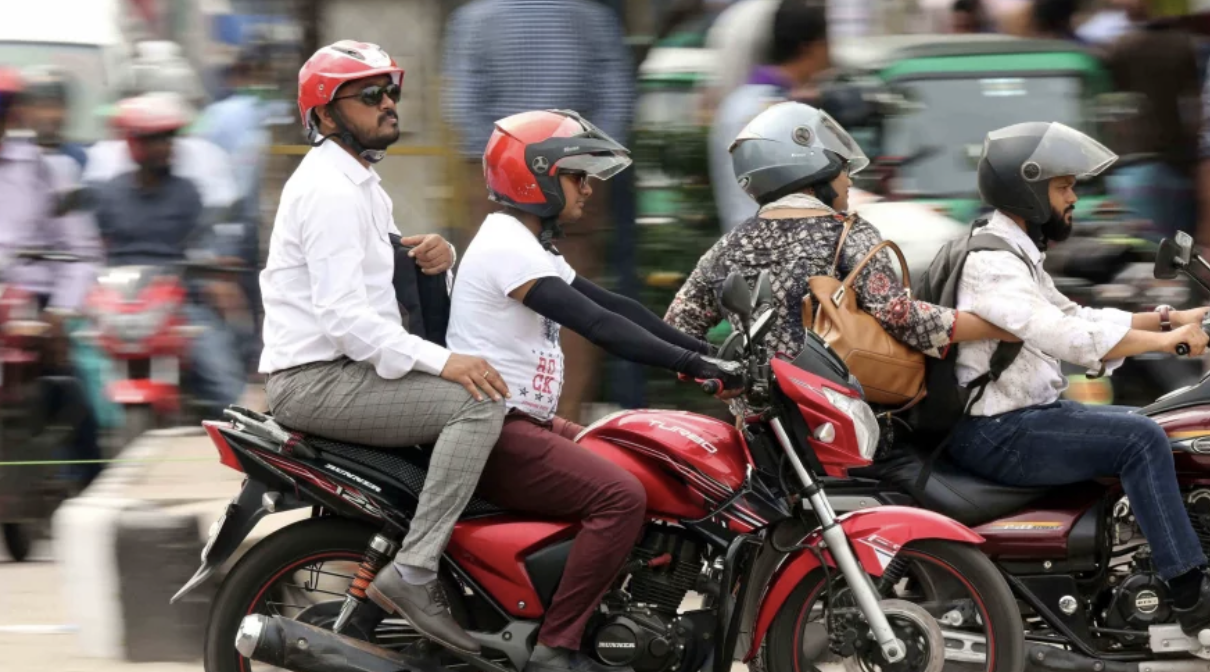As Bangladesh has no national minimum or living wage policies, platforms have no legal obligation to ensure a wage floor
The majority of workers in Bangladesh’s informal economy did not receive fair pay, benefits or even a contract from online platforms, said a recent study. The paper, titled “Fairwork Bangladesh Ratings 2022: Labour Standards in the Platform Economy”, also found that those working in the gig economy suffered from poor working conditions amid lack of proper representation. The report was launched by Fairwork Bangladesh, a collaboration between the Dhaka-based DataSense and the Oxford Internet Institute of the University of Oxford in England, in the capital on Monday.
The study interviewed 91 workers from 9 platforms: Uber, Foodpanda, Pathao, Sheba.xyz, HungryNaki, Obhai, HelloTask, Truck Lagbe, and Chaldal.
Fairwork evaluates the working conditions of digital platforms and ranks them on how well they do.
It uses five principles — fair pay, fair conditions, fair contracts, fair management and fair representation — that digital platforms should adopt in order to offer fair work.
Each of the five Fairwork principles is broken down into two points and every platform receives a score out of 10.
Platforms are only given a point when they can satisfactorily demonstrate their implementation of the principles.
Although the overall performance and scores of local online platforms are better than that of last year, none of them were able to secure even 5 out of 10.
Chaldal, HelloTask and Sheba.xyz each scored three out of 10 while Uber got two points and Foodpanda and Pathao got one each.
Meanwhile, Obhai, HungryNaki and Truck Lagbe failed to score at all.
As Bangladesh has no national minimum or living wage policies, platforms have no legal obligation to ensure a wage floor.
However, some workers of certain platforms were found to be making higher wages than the minimum or even living wage equivalent, the study found.
It also found that workers are active during a lot of their non-earning hours but are not compensated for their time.
Non-earning hours refer to time spent waiting for work, travelling in traffic, and delays due to customers.
Besides, no platform could share evidence that they provide a safety net for workers that would cover a loss of income and while many of them reported initiatives for an insurance program, the worker interviews did not provide sufficient evidence that these were effective.
Many workers also reported there are no paid sick leave policies in practice by their platform.
Platforms continue to classify the workers as independent contractors and do not extend the benefits of full employees to gig workers.
In addition, no platform shared any contract details, so it could not be evaluated for fairness, the report said.
Also, worker termination is sometimes done through an automated system without human consultation.
Read the full article here: https://www.dhakatribune.com/business/278223/study-informal-online-workers-don%E2%80%99t-get-fair

